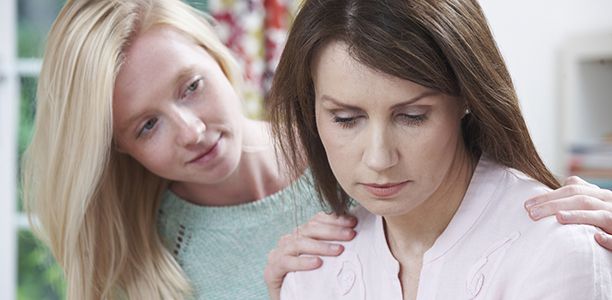Faced with these disturbing statistics, a Monash University research project is trialling specific interventions to engage with families and children within specialist mental health and family services. This project is being undertaken as part of the development of a recovery model for parents, known as Let’s Talk about Children.
Now, almost two years into the four-year $1.8 million project, Associate Professor Darryl Maybery (School of Rural Health, Department of Rural and Indigenous Health) – who leads the project with Monash colleagues Associate Professor Andrea Reupert and Dr Melinda Goodyear– said significant progress had been made in expanding research capacity and trialling the innovative model in a range of settings.
Speaking in the lead up to a Let’s Talk about Children forum in Melbourne on Tuesday 24th March, Associate Professor Maybery said indications so far were that this approach offered genuine benefits to parents and their children.
“The key question being addressed by this project is how we can improve longer-term recovery of people with severe mental illness by addressing their parenting role as a core part of their treatment,” he said.
“We know family interventions have important mental illness prevention benefits for children.”
Let’s Talk about Children originated in Finland where a number of randomised trials showed that applying the model led to parents reporting a greater understanding of the impact of their illness on children – and reduced their guilt and shame – while children reported significant reductions in emotional symptoms.
Associate Professor Maybery said data had been collected as part of the Australian project’s second phase and is soon to be analysed. Anecdotally, however, he said some of the partner organisations currently implementing the model were providing positive feedback.
Partner organisations are spread across the state and include Victoria’s largest rehabilitation organisation, Neami National, Adult Mental Health Services and a range of other community services.
Associate Professor Maybery said Let’s Talk about Children was now being modified for each workplace section and the final two years of the project would focus on its implementation with almost 200 parents with mental health problems. At the same time project leads will look at how to trial the model in GP settings.
He said as the project had evolved it had benefited from widespread expert input, including the work of eight Monash PhD students and contributions from an international group conducting research in the field.
International collaborations have proved invaluable to new learnings, according to Associate Professor Maybery. In May he will join other leading academics in the field at a workshop at Monash’s Prato Centre in Italy. There, he said, the focus will stay true to the project’s critical priority and the goal that drives them all – “the wellbeing of kids of parents with a mental illness.”
That same focus will guide the March forum to be held at the Monash Faculty of Law Chambers.
The forum will include an official launch of the National Children of Parents with a Mental Illness (COPMI) Let’s Talk online training package, a facilitated parent, child and clinician view of Let’s Talk, reports from different sectors about their experience applying the model and a broader overview of Let’s Talk about Children in Australia.
(Source: Monash University)










